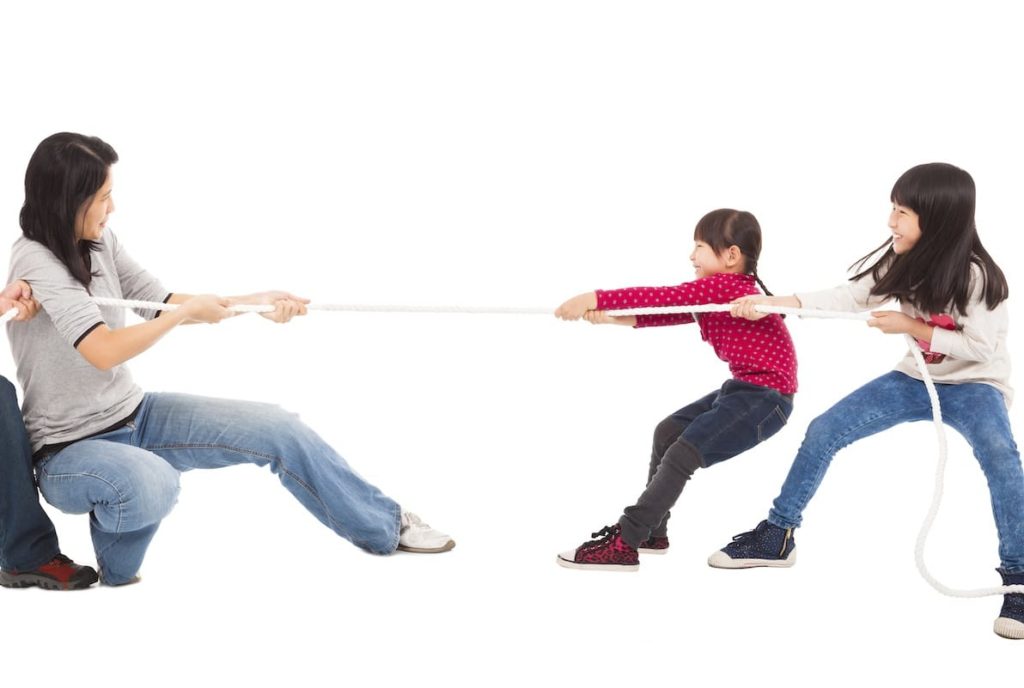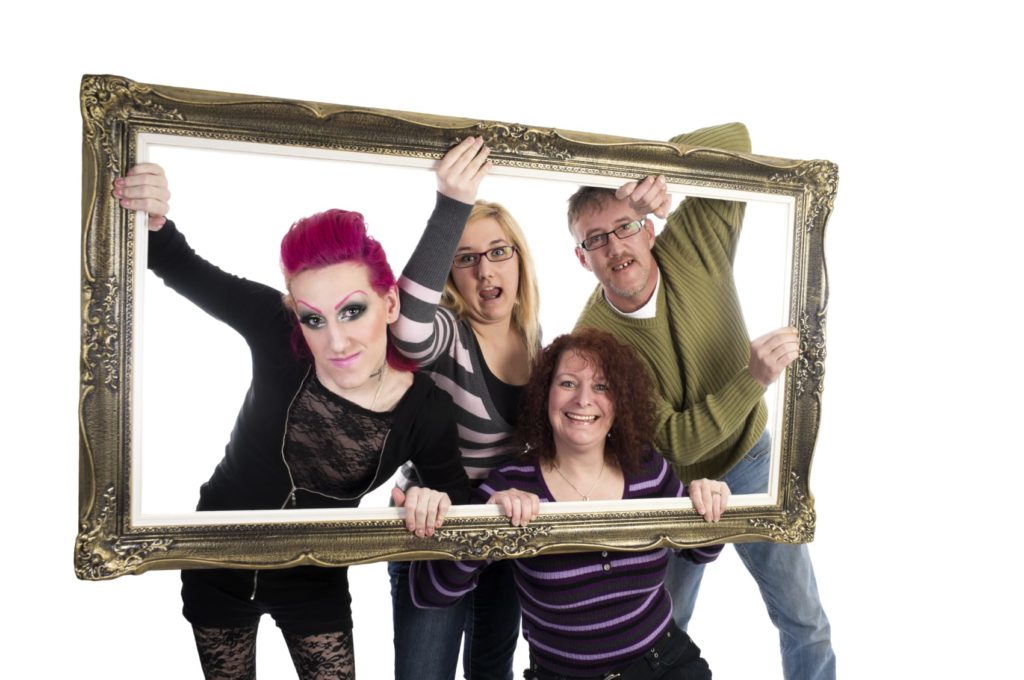If you’re one of those parents who thinks her teen would never in a million years use drugs, and you cite her straight-A report card and extracurricular activities as proof, you could be making a dangerous assumption. Forty-nine percent of 12th graders have at least tried an illicit substance. Even good students and well-rounded teenagers experiment with drugs. Instead of assuming your child would never use drugs, be aware. Know both the physical and behavioral signs of drug use and watch for them in your teen.
Physical Signs of Drug Use
Different drugs cause different physical symptoms, although there are some commonalities. If you know what some of the side effects of drugs are, you can get ahead of any drug use by your teen. Of course, there are other possible causes of many of these symptoms. If you are concerned about your child’s health, get her to the doctor for a checkup.
- Red, dry, itchy eyes
- Sudden or unexplained weight loss
- Insomnia or excessive sleep
- Slurred speech and lack of physical coordination
- A persistent cough
- A constantly runny nose
- Nose or mouth sores
- Unusual odors, including on the breath
- Deterioration of physical appearance or hygiene
Behavioral Signs of Drug Use
The best way you can identify that something is wrong with your teen, whether caused by drug use or not, is to note changes in her behavior. Drastic changes almost always indicate that there is some kind of problem, be it a physical illness, mental illness or substance abuse. Here are some behavioral changes that are commonly seen with drug use:
- Changes in friends. Teens using drugs often switch social groups. Be worried if your teen suddenly starts hanging out with new friends with whom you are not familiar.
- Withdrawal from family. Another common behavioral change in teens using drugs is to shift away from the family. This may mean not attending family events, not engaging in conversation, skipping dinner or spending a lot of time alone in her room.
- Falling behind in school. If your teen has always been a good student and motivated to succeed and then starts to slack off, show signs of apathy and get bad grades, you should be worried. It is common for drug use to cause a teen to take an academic slide. Keep up with her performance in school because this slide isn’t always sudden and she may have sneaky ways of hiding it from you.
- Getting caught in lies. If your teen is using drugs, she will try to keep it from you, and this means you will catch her lying and sneaking around. Drug-using teens will typically deny accusations with vehemence and point to an invasion of privacy.
- Changes in mood. Drugs are mood-altering substances, which means that if your child is under the influence, she may exhibit moodiness or signs that are similar to mental illness. She may become depressed, anxious, paranoid, irritable or apathetic. You may even see bouts of anger or violence that is uncharacteristic of your child’s usual mood.
Catching a drug-using teen is sometimes easy and obvious. With many, though, the signs are not always obvious. It’s easy to discount certain behaviors and moods as normal teenage stuff. Fatigue and other physical symptoms can be explained away with staying up late to study. Never assume that your child is immune to drugs and experimentation. Know your teen and know when something just isn’t right.






